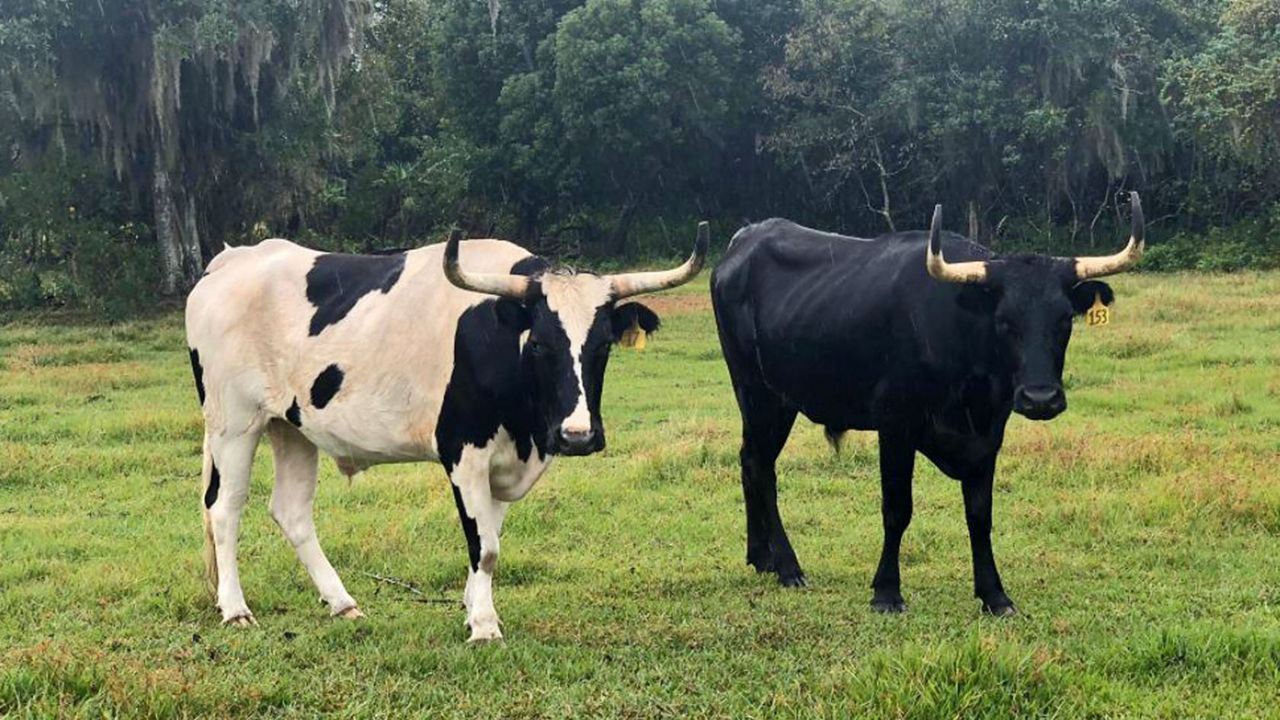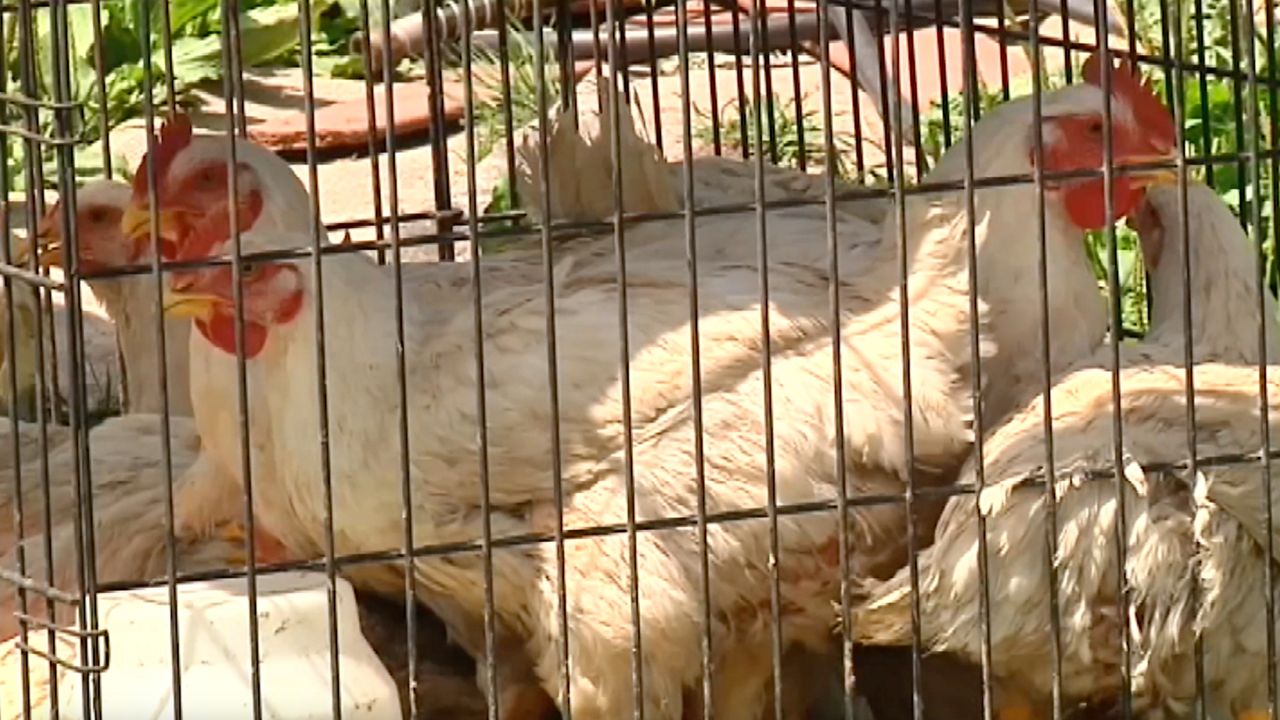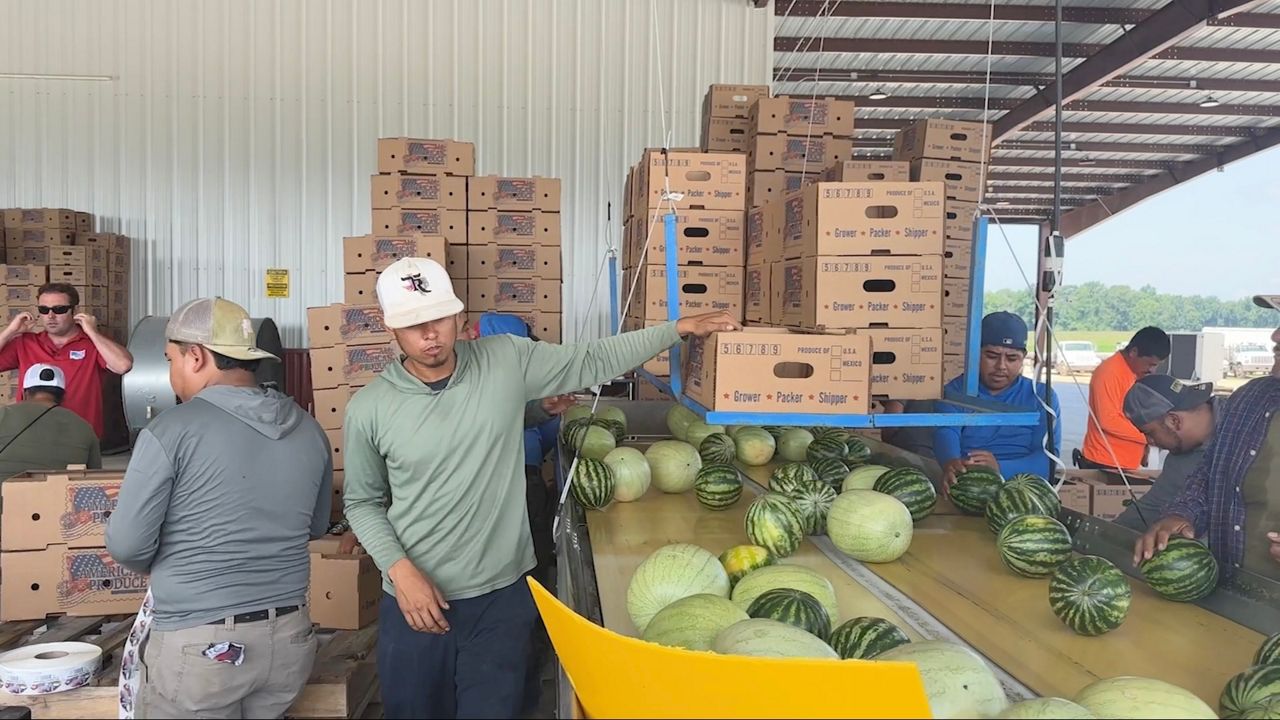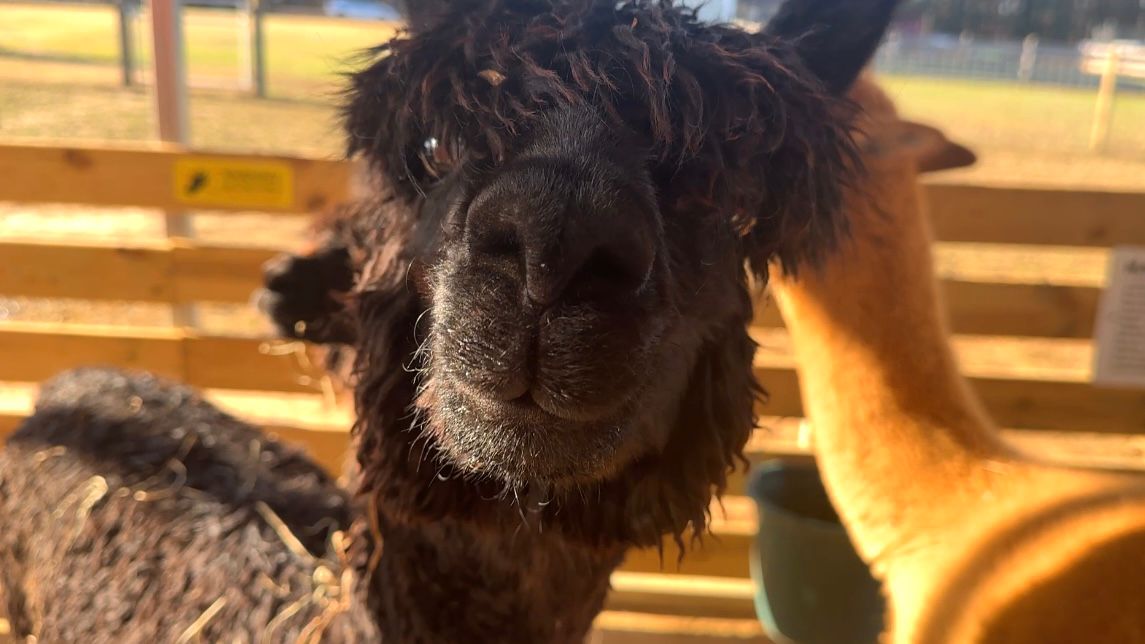The livelihoods of North Carolina farmers could be in jeopardy as the trade war with China continues.
Tobacco Growers Association of North Carolina executive director Graham Boyd confirms 2,100 growers each year in North Carolina.
One of those is a second-generation farmer in Wilson County, which is roughly 45 minutes from Raleigh.
Linwood Vick said they also grow soybeans and sweet potatoes, but none compares to this crop.
“They’re all important, but tobacco is my main cash crop,” Vick said.
Vick planted tobacco this week. There is so much beyond this tobacco farmer’s control that he can’t say how much will be sold.
“Challenging when you do your budget and you look at the situation and you look at all the hard work and all the issues that we are facing, regulations and all that. Why does one continue to farm?” he said. “And it gets down really deep. It's kind of a lot, that's what you were called to do.”
Vick’s parents started planting tobacco in 1975.
What he earns depends on many factors, including the weather.
You know what it costs you to put it in the ground. But then we're depending on Mother Nature, it could throw us a curveball at any time.“There's several variables in agriculture, whether it be with tobacco, corn, soybeans, all these crops. You know what it costs you to put it in the ground. But then we're depending on Mother Nature, it could throw us a curveball at any time. And we don't know exactly what our yield is going to be,” he said.
If you throw in $5,000-$6,000 in labor and operational costs on top of the uncertainty created by tariffs, Vick said his head is about to spin.
“Now that the tariff has gone, we don’t know what kind of impact that is going to have and what our return is going to be,” he said.
A report from the U.S.-China Business Council, a nonprofit organization based in Washington, D.C., shows flue-cured tobacco growers expect to harvest 115,000 acres in 2025, up 1% from 2024.
Fourteen percent of North Carolina's global goods exports went to China in 2023, including tobacco.
Vick expects to pull 2,800 pounds out of these fields.
Even if they become a casualty of a trade war with China, they can’t turn back now.
View on Threads
“Not like you can say, oh well, it's not for this year, but we will do it the next year. We're already tied to the crop, we're already into it. We've got to work through this,” he said.
Every greenhouse represents 125 acres of tobacco. That translates into thousands of dollars in revenue after the seeds are planted, assuming no market disruptions.
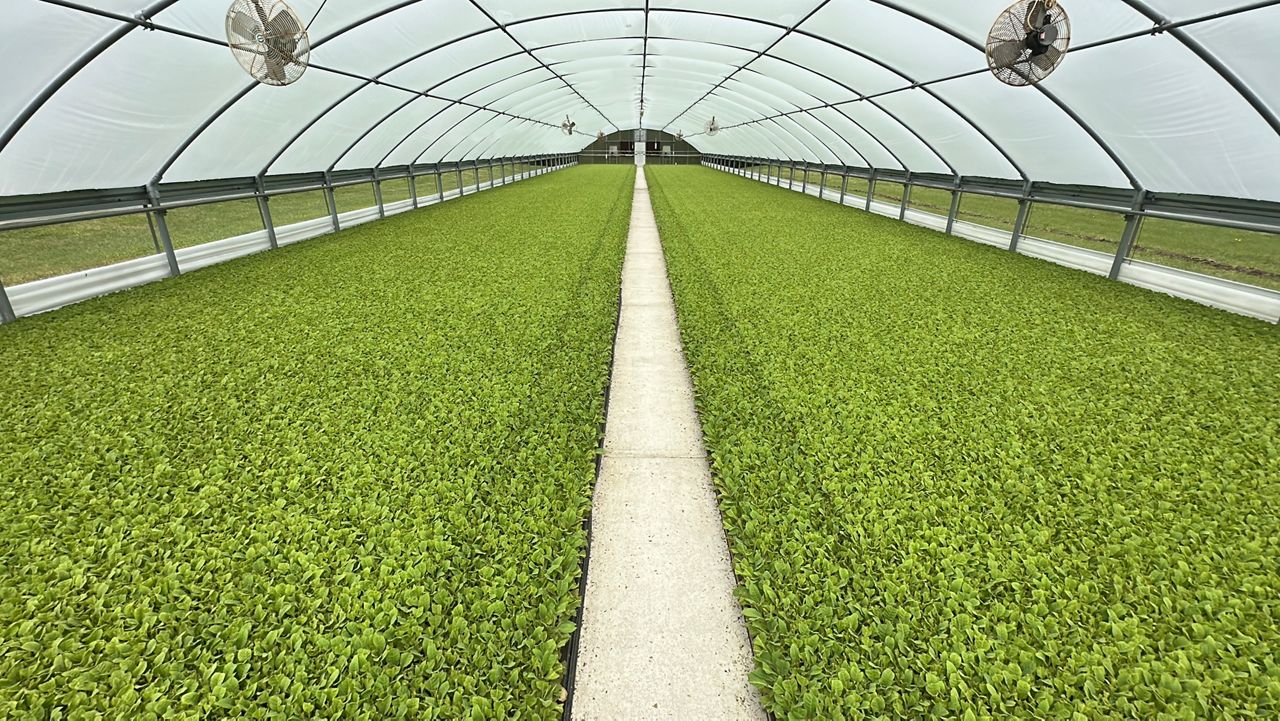
“When I put these seeds in the greenhouse, my goal was to grow a crop. And I had ... concern about weather and the price that I was going to get in return for my investment,” he said. “I have the anxiety over what these new tariffs are going to do and whether I am going to have someone to sell this tobacco to or not.”
Vick said there are other global players in the game, including one of North Carolina’s biggest buyers in Japan.







